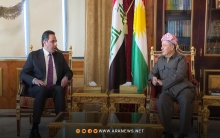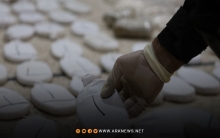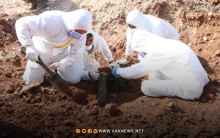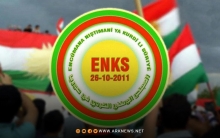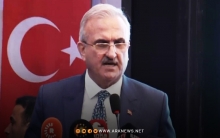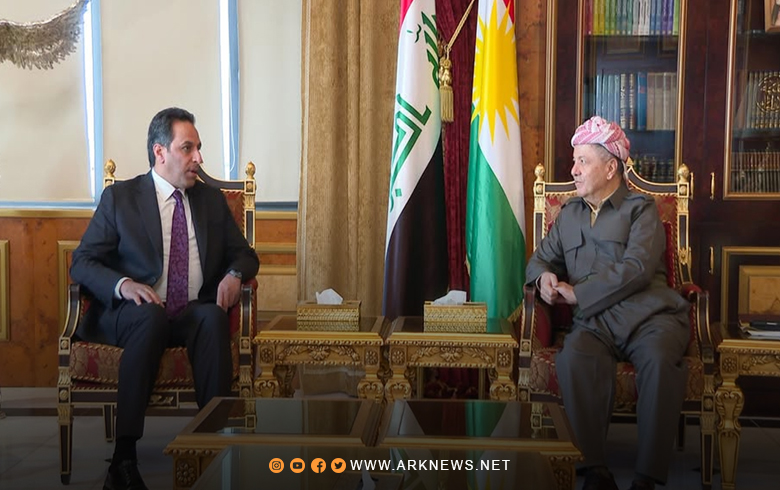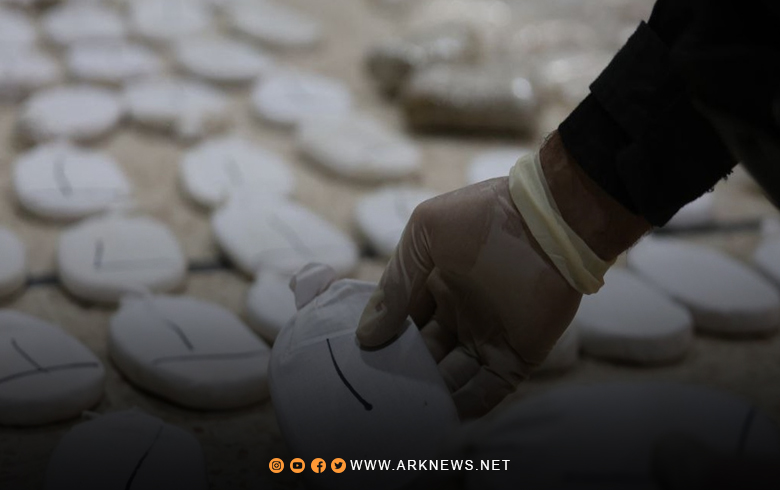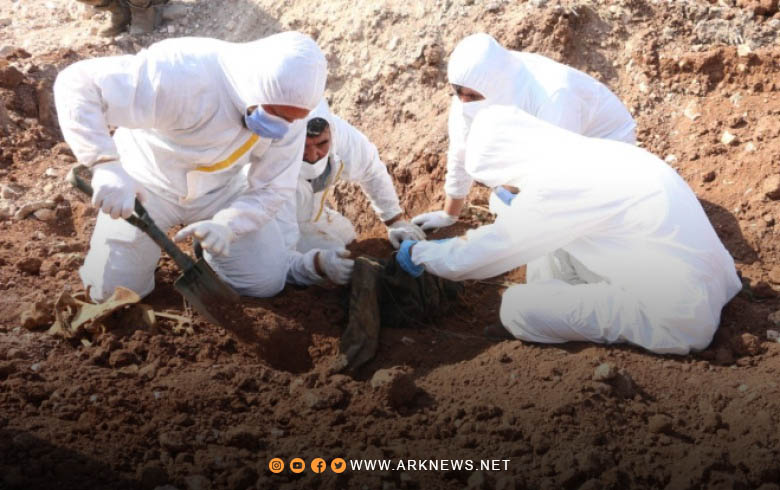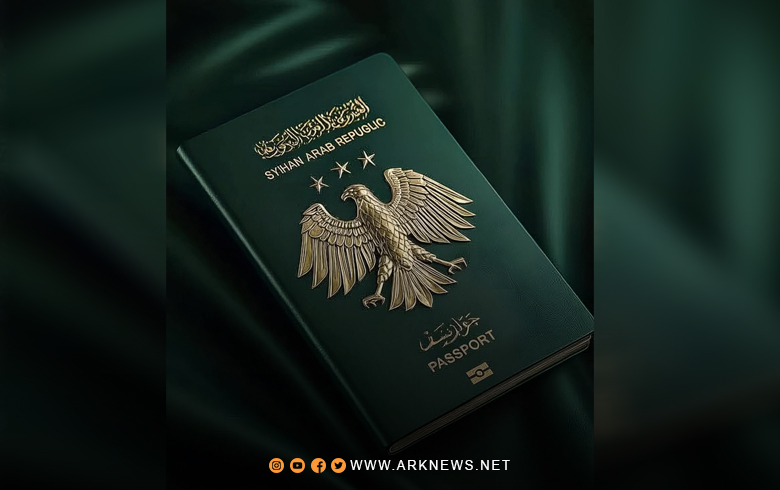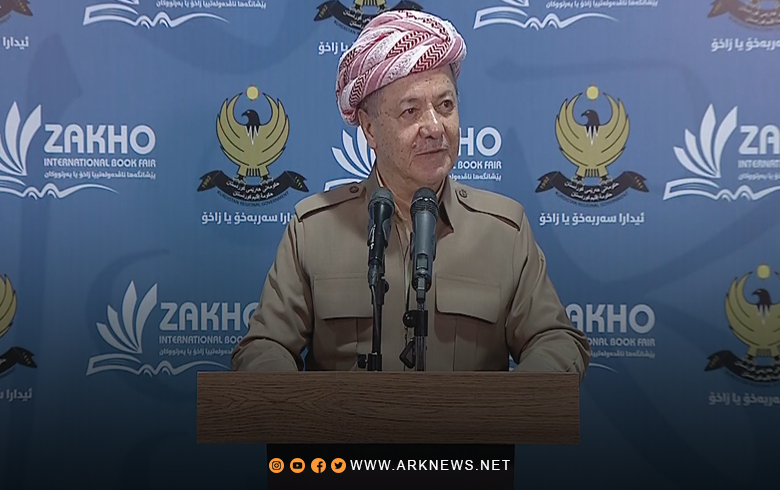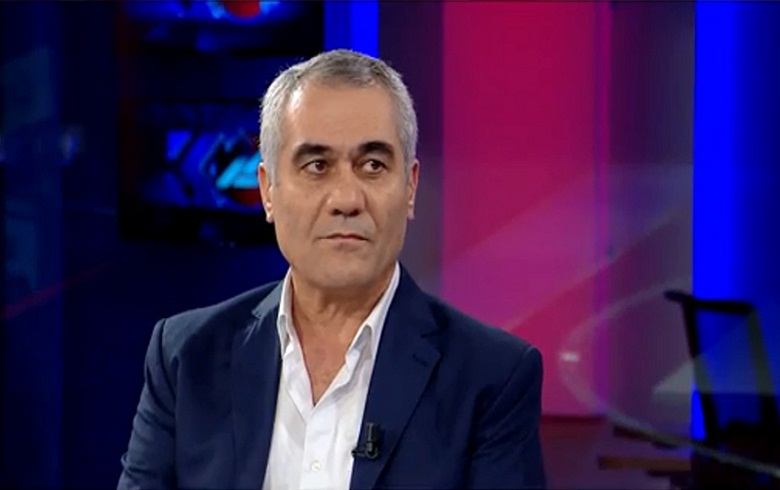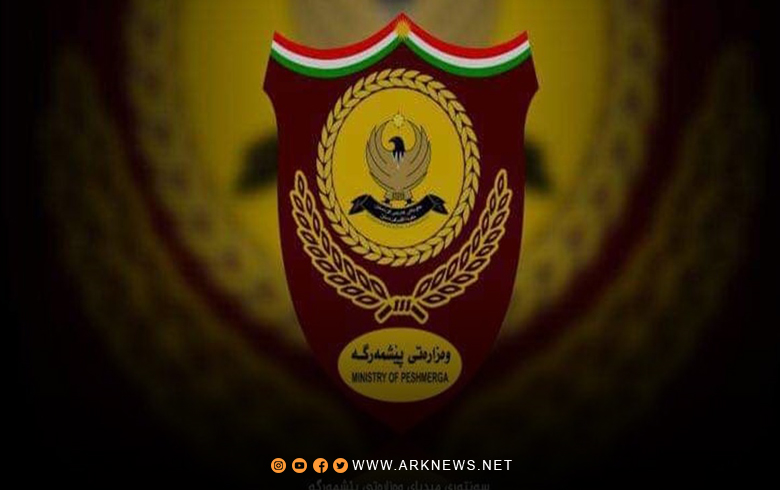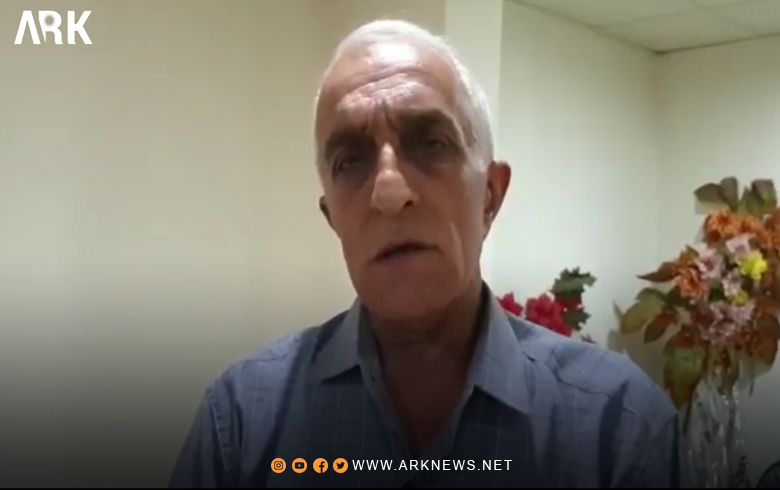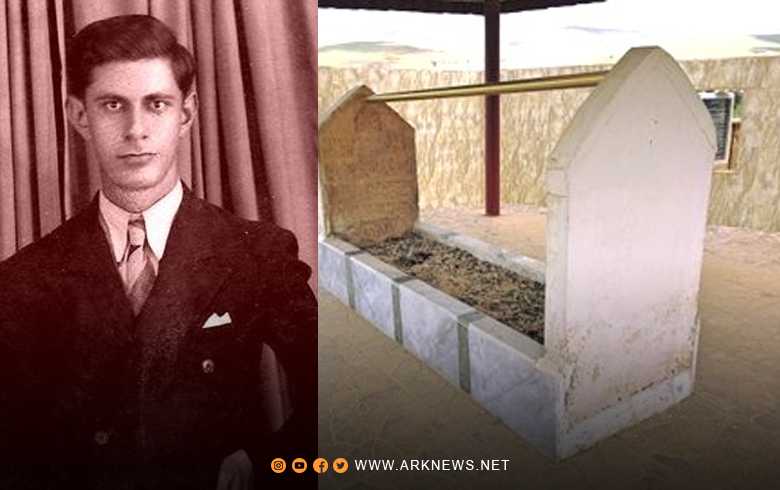
The poet Dildar, writer of the Kurdish national anthem “EY REQÎB” (his life and struggle)
ARK News… on Saturday, February 20, 2021, coincided with the 103rd anniversary of the birth of the Kurdish poet, Younis Mulla Raouf, nicknamed Dildar, who wrote the poem meaning (EY REQÎB) the national anthem of the Kurds.
A brief about his life
The poet Younis Mulla Raouf was born on February 20, 1918, in the city of Koye of Erbil governorate, the capital of the Kurdistan Region. He studied primary and middle school in the schools of Koya and Rania, then moved to Kirkuk to study secondary school. He studied the university in Baghdad, the Iraqi capital, and graduated from the Faculty of Law in 1945, then practiced his profession as a lawyer defending the cases of the oppressed, especially the Kurds.
According to the sources, that the ARK followed-up, saying: Dildar devoted himself eagerly to self-education while he was still in the preparatory stage. He worked on reading Kurdish folklore, and the history and literature of the European and Eastern peoples. The broad horizons that the poet characterized by patriotic sentiments took root in him, and there is no doubt that his older brother Assaf Mulla Raouf played a role in developing his national feeling.
The sources add: He Joined HÎWA (the Hope) which is the first legally recognized Kurdish organization that seeks to unify Kurdistan. Dildar specialized not only in literature, but also in the field of other sciences, which he used for the sake of the progress and prosperity of his homeland, and for this, he had a reputation in matters of philosophy, economics, and patriotism, and there are a number of his literary, scientific and patriotic productions that he left to the generations that came later.
Sources indicate: His style of poetry was a classic Kurdish characterized by a quantitative rhythm and a unified rhyme, and there are many revolutionary chants among his poems, which are considered weapons of war added to the stock of the Kurdish liberation movement, and this type of revolutionary chant that was organized by Dildar was developed later by great Kurdish poets, his poems were published in prestigious literary magazines in Erbil and Baghdad.
His arrest and writing of the Kurdish national anthem
After Dildar joined the Kurdish “Hiwa” Party in 1938, he traveled to Iranian Kurdistan, and the Iranian security arrested him, and in his prison, he organized his well-known poem “EY REQÎB” addressing and challenging the prison guard. He meant from “EY REQîB” the occupied and divided governments of parts of Kurdistan that are still dealing with injustice discrimination to the Kurds with iron and fire on the basis of racism, denial, rejection, and discrimination, then the poem composed by Hussein Barzanji which became the national anthem of the Republic of Kurdistan in Mahabad, led by the fighter Qadi Muhammad, which lasted for 11 months. It is the national anthem in the four parts of Kurdistan, and today it is considered the official anthem of the Kurdistan Region.
His death
The Kurdish poet Dildar died on November 12, 1948, in the prime of his youth, not exceeding 30 years, and was buried in the large cemetery in Erbil, the capital of the Kurdistan Region.
6841

